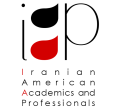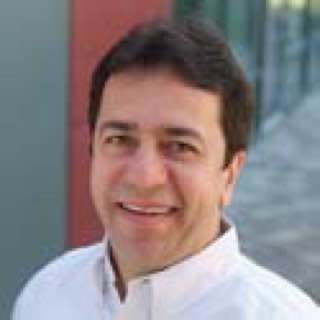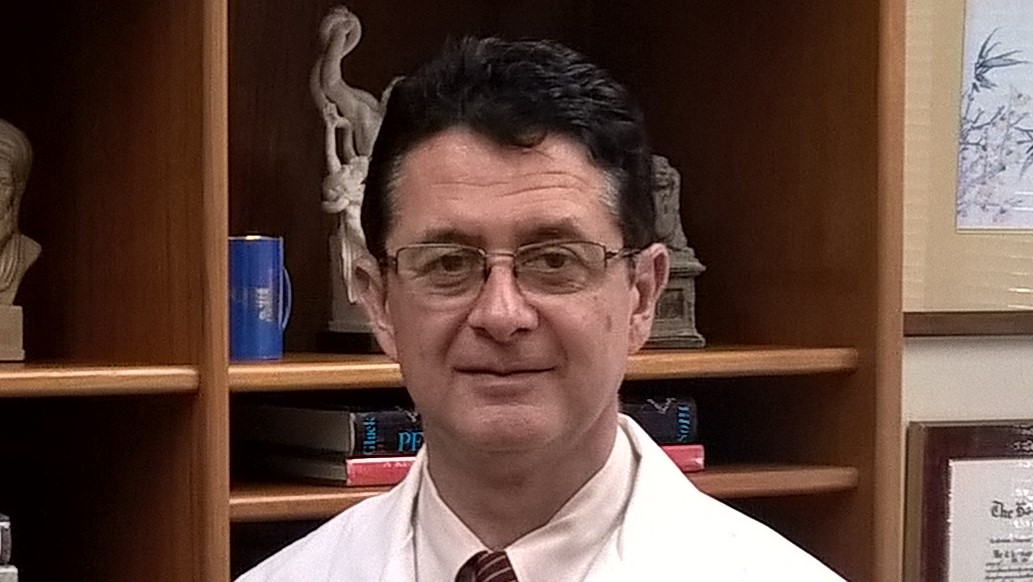When: January 25th, 2023 at 6:30-9:30 PM Eastern Time
Where:
Montgomery College Rockville: Cafeteria: Faculty Dining Room
Campus Center: CC 158
(Get Directions, Campus Map)
Speaker: Fatah Kashanchi, Ph.D.
https://science.gmu.edu/directory/fatah-kashanchi
Language: Parsi/English
Synopsis:
For the past eighteen years Kashanchi lab has been interested in understanding the mechanism of viral gene expression in human viruses and how the virus and the host control the dynamics of fundamental machineries needed for viral replication and/or host survival. They also have ample experience with biochemical pathways that leads to transcription and chromatin remolding using in vitro reconstituted machineries. These complexes with epigenetic modifications utilize host signaling events and therapeutic targets that control viral replication. In recent years, they have also started focusing on Extracellular vesicles (i.e., exosomes) mainly from latent virally infected cells. These cells remain in the body for a long period of time can be extended to the life of a person (i.e., CNS cells). These latent cells produce exosomes that carry markers of the infection including RNA and protein sequences specific to a given virus.
Exosomes are small vesicles, 30–120 nm in length, released from all cell types in the body, can be found in various bodily fluids, such as semen and urine and are transported through the bloodstream and the lymphatic system. They are formed by inward folding of the endosomal membrane to form multivesicular bodies (MVBs), a process carried out by the endosomal sorting complex. They have recently found distinct markers (RNA and proteins) from T-cell vs. Myeloid exosomes that may control recipient cell gene expression1.
The Kashanchi lab, for the first time, showed that viral release and exosome release have overlapping biogenesis in the ESCRT pathway. For instance, HIV-1 latent cells utilize ESCRT-I for viral release, and ESCRT-II for exosomal release. Using in vitro and in vivo (both patient samples and animal models), the lab has found that exosomes from HIV-1 infected cells carry short non-coding RNAs (i.e., TAR) which regulate TLR3 and other pathways in the recipient cells. This data also implies that endogenous retroviruses may have a similar mode of action in their gene expression by expressing short non-coding RNAs that no only regulate the donor cells, but also the recipient cells through the exosomes transfer pathway. The infected cells (in presence of antiretroviral drugs or innate immune molecules) still secret exosomes that contain viral products including TAR, TAR-Gag RNA, and Nef protein1-7.
Similar results were also observed from other neuro-tropic RNA viral infections including HTLV-1, Ebola, RVFV, and Zika infection. More recently data from HTLV-1 infected HAM/TSP patient showed that exosomes isolated from patient PBMCs (25/35) in ex vivo cultures were Tax positive and patient CSF (7/11) contained Tax+ exosomes but not in HTLV-1 seronegative MS donors (0/5), despite the absence of viral detection in the CSF supernatant. Furthermore, exosomes cultivated from HAM/TSP PBMCs were capable of sensitizing target cells for HTLV-1 specific CTL lysis8.
Collectively, data from Kashanchi lab (which has been viewed favorably by NIH as evident by issuing RFAs9) on exosomes both latent and persistent viral infections (5 RNA viruses tested so far), indicate secretion of exosomes that contain various viral components (RNA and/or proteins), all of which affect the immune cells by either destroying or activating T-cells. Broader implications of these findings in the context of diagnostic and vaccine development are currently under development in the lab.
References related to Exosomes:
- Narayanan, A. et al., 2013
- Jaworski, E. et al., 2014
- Sampey, G., et al., 2014
- Sampey, G., et al., 2016
- DeMarino, C., et al. 2016
- Barclay, R., et al. 2017
- DeMarino, C., et al. 2018
- Anderson, M., et al. 2018
- RFA- MH-16-100; RFA-MH-16-110
About the Speaker:
Dr. Kashanchi received his Ph.D. in 1990 under the supervision of Dr. Charles Wood who also worked with the Nobel Laurite, Dr. Susumu Tonegawa at MIT. He then moved to National Cancer Institute at NIH’s intramural program and continued his work on RNA viral infections. He is currently a Tenured Faculty in the department of Systems Biology at the Prince William Campus of George Mason University. He has obtained independent funding of more than $19.6 M in funding (NIH, DOD, DOE, and Keck) since his departure from NIH in 2000. He has published 263 peer-reviewed manuscripts (h index = 68), and served as an editorial board and reviewer for number of journal including Cell, Molecular Cell, Nature, Nature Medicine, Science Translational Medicine, Retrovirology, JBC, J. Virol, Virology, NAR, and 4 PLoS journals. He is a regular NIH study section member and has served on 159 panels and chaired 17 since 2000.



